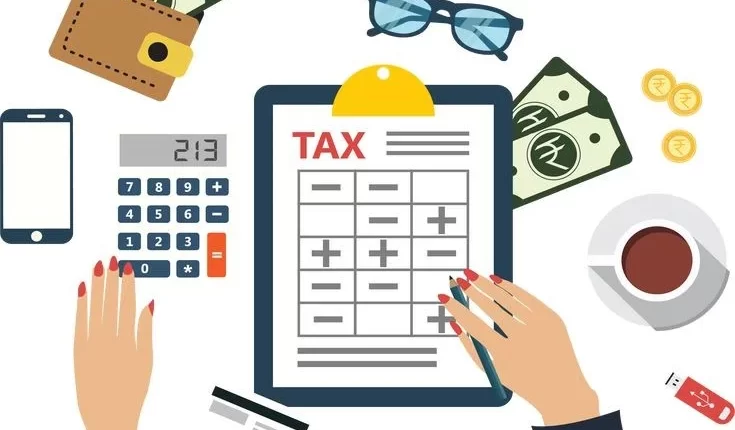Government Ensures 1% VAT Increase Will Not Impact Basic Needs of the Community
Jakarta – The government through the Ministry of Finance (Kemenkeu) ensures that the purchasing power of the lower middle class will remain maintained even though the value added tax (VAT) rate will increase by 1% to 12% on January 1, 2025.
Head of the Fiscal Policy Agency (BKF) of the Ministry of Finance, Febrio Nathan Kacaribu, said that the national economy remains strong even though the VAT rate reaches 12%. In fact, Febrio estimates that economic growth in 2024 will still grow above 5.0%. Meanwhile, in 2025, his party is optimistic that Indonesia’s economic growth will be maintained in accordance with the APBN target of 5.2%.
“Economic growth in 2024 is expected to remain above 5.0%. The impact of the increase in VAT to 12% on economic growth is not significant,” said Febrio.
The increase in VAT rates from 11% to 12% is mandated by Law Number 7 of 2021 concerning Harmonization of Tax Regulations. In accordance with the agreement between the Government and the DPR, the rate increase will be carried out in stages, from 10% to 11% starting April 1, 2022 and then from 11% to 12% on January 1, 2025. This gradual increase in VAT is intended so as not to have a significant impact on people’s purchasing power, inflation, and economic growth.
Based on the Government’s calculations, inflation is currently low at 1.6%. The impact of the increase in VAT from 11% to 12% is 0.2%. Inflation will remain low according to the 2025 State Budget target in the range of 1.5%-3.5%. “Thus, the increase in VAT from 11% to 12% does not significantly reduce people’s purchasing power,” said the Ministry of Finance in a written statement.
As for goods and services that are basic needs of the community, they are still given VAT exemption facilities or VAT at a rate of 0%. The types of goods and services include basic necessities such as rice, grain, corn, sago, soybeans, salt, meat, eggs, milk, fruits, and vegetables.
In addition, essential services include medical health services, social services, financial services, insurance services, education services, public transportation services on land and water, labor services, and rental services for public flats and public houses. Other goods such as books, holy books, polio vaccines, simple houses, rusunami, electricity, and drinking water also receive incentives.
Coordinating Minister for Economic Affairs Airlangga Hartarto said that the increase in Value Added Tax (VAT) rates from 11% to 12% will come into effect on January 1, 2025. As an anticipatory measure, the government has prepared a number of stimuli to support the community and certain sectors. One of these stimuli is the exemption of VAT for several sectors, such as transportation and essential staples.
Airlangga also emphasized that the VAT rate for certain staple foods, such as premium rice, remains at 0%. Meanwhile, other staple foods, such as wheat flour and oil, will still be subject to a VAT rate of 11%. This policy is expected to maintain economic stability while protecting people’s purchasing power.
Overall, this policy shows the Government’s commitment to maintaining people’s purchasing power while supporting inclusive and sustainable economic growth.
